We use cookies to help you navigate efficiently and perform certain functions. You will find detailed information about all cookies under each consent category below.
The cookies that are categorized as "Necessary" are stored on your browser as they are essential for enabling the basic functionalities of the site. ...
Necessary cookies are required to enable the basic features of this site, such as providing secure log-in or adjusting your consent preferences. These cookies do not store any personally identifiable data.
Functional cookies help perform certain functionalities like sharing the content of the website on social media platforms, collecting feedback, and other third-party features.
Analytical cookies are used to understand how visitors interact with the website. These cookies help provide information on metrics such as the number of visitors, bounce rate, traffic source, etc.
Performance cookies are used to understand and analyze the key performance indexes of the website which helps in delivering a better user experience for the visitors.
Advertisement cookies are used to provide visitors with customized advertisements based on the pages you visited previously and to analyze the effectiveness of the ad campaigns.
Since graduating from the celebrated Harrow Ceramics course in 1994, Daniel Smith has worked from the same London studio he helped establish. This continuity is reflected in his work with a commitment to exploring a family of useful forms – plates, bowls, cups, jugs, vases. All pieces are hand-thrown in porcelain with a pared down aesthetic just occasionally emphasised with simple decoration.
With quiet dedication Daniel has built up a loyal international following over the years, his work appealing to both collectors and those who like beautiful, eminently functional objects for everyday use.
‘Smith’s apparently modest vessels show how sensual the utilitarian can be. What results is a kind of sculpture of the everyday’ David Whiting
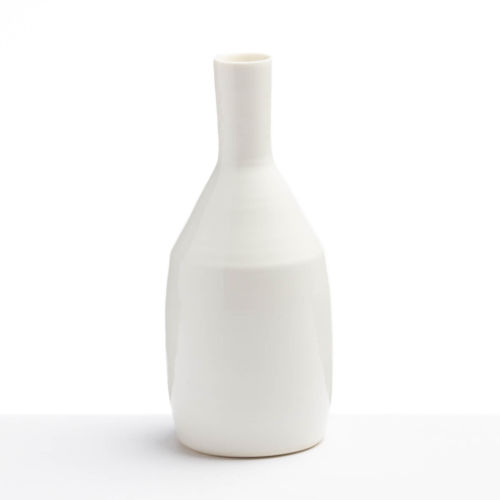
PRODUCT CODE:DS136Y564
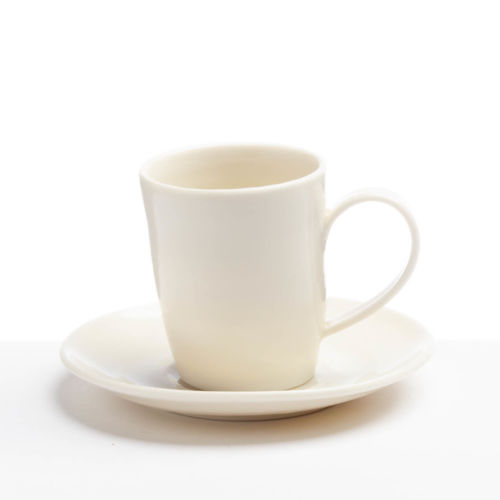
PRODUCT CODE:DS136Y576
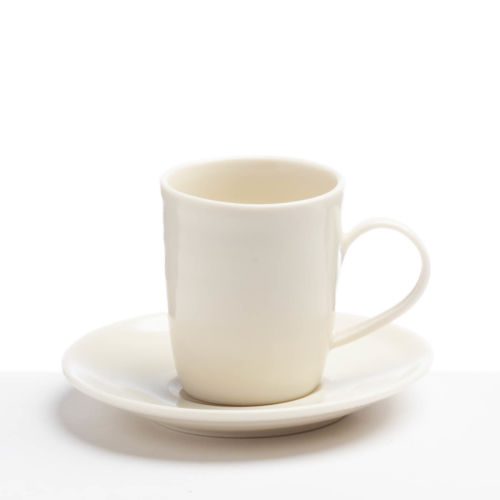
PRODUCT CODE:DS136Y572
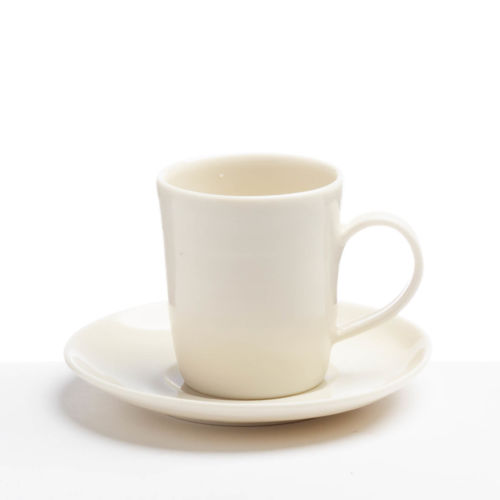
PRODUCT CODE:DS136Y575
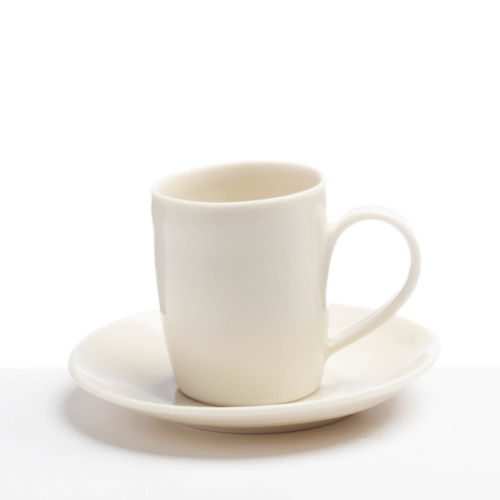
PRODUCT CODE:DS136Y573
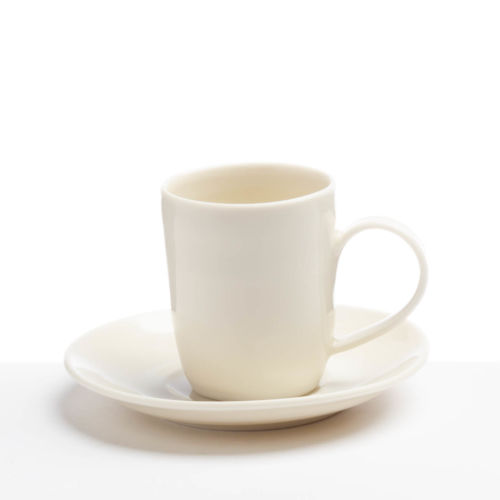
PRODUCT CODE:DS136Y574
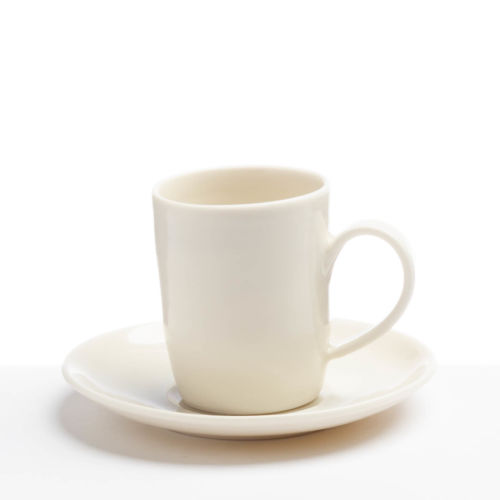
PRODUCT CODE:DS136Y577
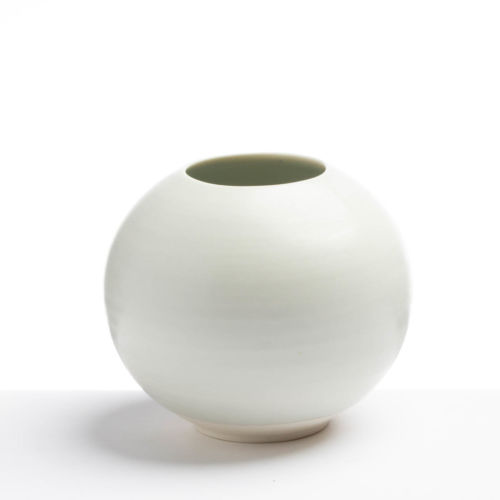
PRODUCT CODE:DS136Y567
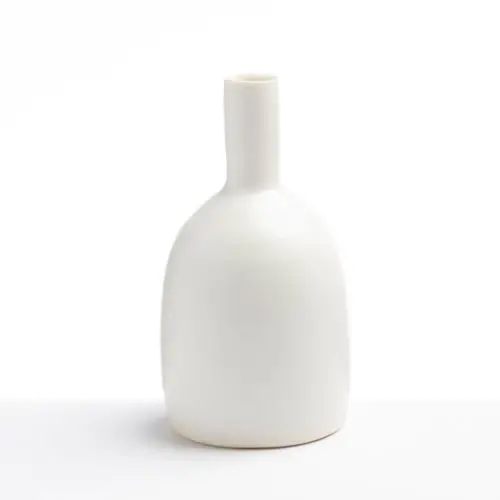
PRODUCT CODE:DS136Y569